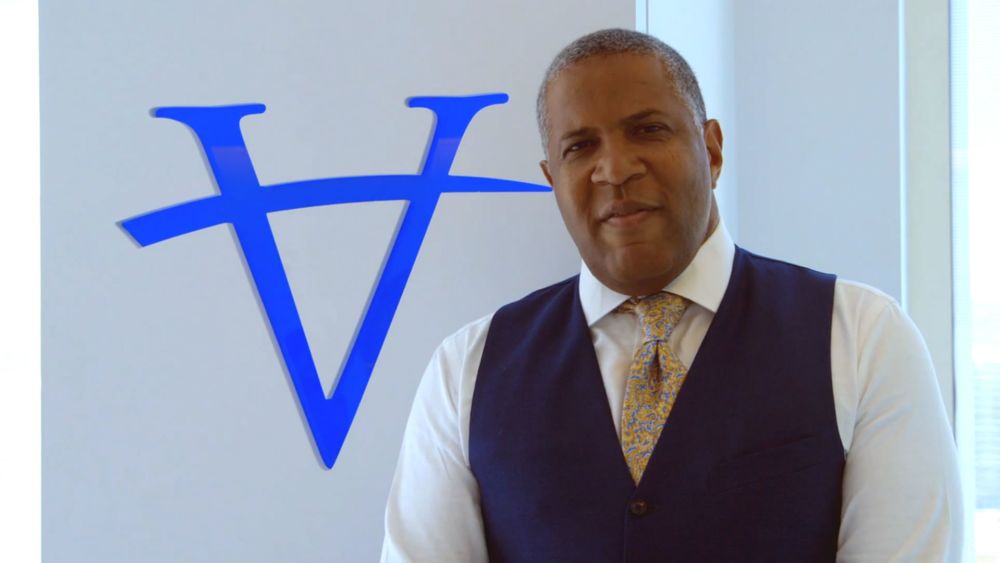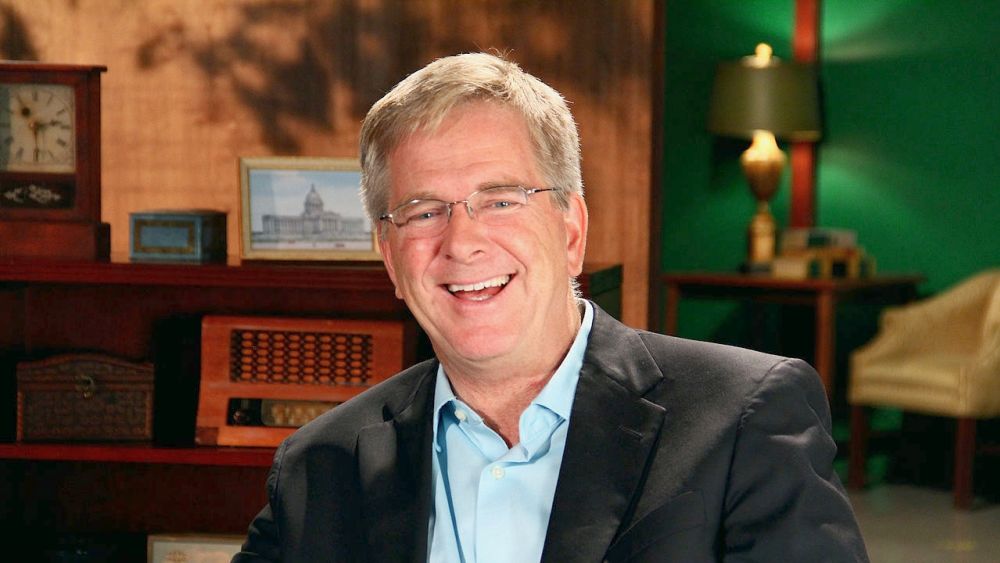Retraction Watch: Providing Information About Bad Information
Greggory Moore | Best of Best

image by: Photouser23
In a field supposedly peer-reviewed and self-correcting, there is a decided lack of transparency and dissemination when it comes to retractions. Enter Retraction Watch, which aims to change the paradigm.
"Can a single conversation change minds on divisive social issues, such as same-sex marriage?" the study's authors asked in its abstract. "A randomized placebo-controlled trial assessed whether gay or straight messengers were effective at encouraging voters to support same-sex marriage and whether attitude change persisted and spread to others in voters’ social networks."
The results? "[O]nly gay canvassers’ effects persisted in 3-week, 6-week, and 9-month follow-ups."
It was compelling enough stuff that in December 2014 the much-respected magazine Science published the study. One problem, though: aspects of the survey were misrepresented or misreported, and the original survey data was not supplied to other researchers for peer review, as is requisite in the scientific community. In light of these irregularities, Science did what a reputable publication is supposed to do: they retracted the study.
But a problem inherent to retractions is that rarely are they well publicized. While a study might be reported as relatively big news, retractions almost never get the same level of press coverage, if any.
Founded in August 2010 by Adam Marcus and Ivan Oransky, MD, Retraction Watch is an organization working to fill that gap. In Retraction Watch's inaugural post the pair encapsulated their motivation by quoting from a 2008 paper in the Journal of Medical Ethics:
[While] the rate of retractions remains low, [it] is increasing [… and a]lthough retractions are on average occurring sooner after publication than in the past, citation analysis shows that they are not being recognised by subsequent users of the work. Findings suggest that editors and institutional officials are taking more responsibility for correcting the scientific record but that reasons published in the retraction notice are not always reliable. More aggressive means of notification to the scientific community appear to be necessary.
How important is publicizing retractions? Consider perhaps the most well known retraction in recent times: the Lancet's retraction of Andrew Wakefield's "study" linking the measles, mumps, and rubella (MMR) vaccine to autism. Published in 1998, Wakefield's pseudo-study was what National Geographic calls "[t]he defining moment that gave momentum to the anti-vax movement," sparking a 14-year decline in childhood vaccination across Europe, along with enough virulent mistrust of vaccinations Stateside that a half-decade after the Lancet retracted Wakefield's (to quote Lancet editor Richard Horton) "dishonest" and "utterly false" paper that measles is on the rise despite having been all but eradicated at the turn of the millennium.
The good news is that two years after the Lancet retraction vaccination rates in Europe recovered to pre-Wakefield levels, and today few even within the anti-vax movement are unaware of the fact that no major medical journal or organization supports for their position.
Such is the potential power of retraction when word is spread widely enough. But rarely does a bogus belief garner the kind of prominence in public discourse as has the anti-vax movement, and so setting the record straight on a large scale is usually a far more elusive result, particularly in today's Internet, a repository of dubious information with no solid mechanism for self-correction.
But as Marcus notes, it's a sword that cuts both ways.
"Certainly we couldn't do what we do without the Internet," Marcus says. "But I also think the Internet and technology has made it easier for people to plagiarize or to manipulate images. So I suppose the Internet has made [something like Retraction Watch] more necessary in some sense."
That may be especially true because of how hard it is to for correctives to keep pace with that which needs to be corrected.
"I think it's always really hard to keep up with misconduct, so I suppose that the bad actors have a leg up," Marcus says. "There aren't a lot of people who are looking for evidence of misconduct, and there are no ways [to find it] that are foolproof (unless you're talking about plagiarism). I think technology has made it easier to perpetrate some of this stuff. It's also made it easier to catch [misconduct], but it's a porous net."
Not only does Retraction Watch record and publicize individual retractions, they also compile "The Retraction Watch Leaderboard" to track authors with numerous retractions to their name, a means of publicly shaming those supposed scientists whose ethics and/or methodology appear especially dubious. The current king of retractions—likely to retain that title for the foreseeable future—is Yoshitaka Fujii, a "researcher" primarily in the field of anesthesiology that Retraction Watch credits with 183 retractions (though they admit that "[k]eeping up with the various investigations into the activities of" of such a profligate fibber "can be a challenge").
While one might think journals and medical professionals would enthusiastically embrace Retraction Watch's work that has not always been the case.
"Initially I would say there was a fair amount of skepticism and even hostility to the idea that we were anything other than a name-and-shame outfit," Marcus says. "As it very quickly became clear that this wasn't the case, people tended to see that we were doing something useful, and that there was room for improvement in the way journals dealt with these issues, […] that there was a lack of transparency and standardization in the notices that they were putting out and in their general handling of [retractions].
[But] there are pockets of resistance to transparency. There are still journals that just don't seem to feel that it's necessary for them to say anything about why they're retracting a paper, which we think is unfortunate. […] For a long time, it has been a sort of honor system in a sense, with journals very often leaving it up to authors to write the retraction notices because they don't want to embarrass them, they don't want to embarrass themselves. There is a sense of 'Don't ask, don’t tell what happens, and everything will be okay.' [… Y]ou would think journals would want to [provide] as much information [about retractions] as possible, because at the end of the day [by doing so] they're sort of serving the constituency. That constituency is scientists, and if scientists can't trust what's in a journal, they're not going to want to publish there, and that journal goes away."
But Marcus is optimistic about the direction in which things are moving and hopes for a day when there is no need for Retraction Watch, a day that might be arrived at by a series of concrete systemic improvements.
"In theory, we would be out of business if they did everything right," Marcus says. "[Journals] should be publishing clear and informative retraction notices quickly, with as much information for their readers as possible. There should be a database—which we're actually working to put together—so that researchers who want to know whether a paper in their field has been retracted or is reliable can look that up very quickly. There should be some standardization across publishers and between publishers for what notices should say. They should be [hyper]linked as much as possible so that the trail is durable and clear and easy to follow, so that if a researchers leaves a field or leaves the country and publishes under a slightly different configuration of names, we should have ways of tracking these things that are much more rigorous than they are now."
But for the foreseeable future Retraction Watch has work to do, work that a generous grant from the MacArthur Foundation will help fund.
Marcus also appreciates the importance of the support—both informational and financial—that Retraction Watch receives from its growing readership. And he and Oransky are hoping for more, such as in developing the above-mentioned database.
"We’ve been approached about creating one, and would love to take on that project, building on the categorization that we already offer […]," the pair says in the Retraction Watch FAQ. "We even have some ideas about how it could pay for itself. But we’d need some help—financial and technological. So if you can offer resources, please get in touch: ivan-oransky [at] erols.com."
If knowledge is power, Retraction Watch is a power supply, helping medical professionals and academics track when the work of their peers has been discredited. And in a field that is (as Marcus and Oransky note) "justifiabl[y] pride[ful] in the fact that it is self-correcting," Retraction Watch is a resource to be proud of.
About the Author
Except for a four-month sojourn in Comoros (a small island nation near the northwest of Madagascar), Greggory Moore has lived his entire life in Southern California. Currently he resides in Long Beach, CA, where he engages in a variety of activities, including playing in the band MOVE, performing as a member of RIOTstage, and, of course, writing.
His work has appeared in the Los Angeles Times, OC Weekly, Daily Kos, the Long Beach Post, Random Lengths News, The District Weekly, GreaterLongBeach.com, and a variety of academic and literary journals. HIs first novel, The Use of Regret, was published in 2011, and he is currently at work on his follow-up. For more information: greggorymoore.com

Introducing Stitches!
Your Path to Meaningful Connections in the World of Health and Medicine
Connect, Collaborate, and Engage!
Coming Soon - Stitches, the innovative chat app from the creators of HWN. Join meaningful conversations on health and medical topics. Share text, images, and videos seamlessly. Connect directly within HWN's topic pages and articles.
















